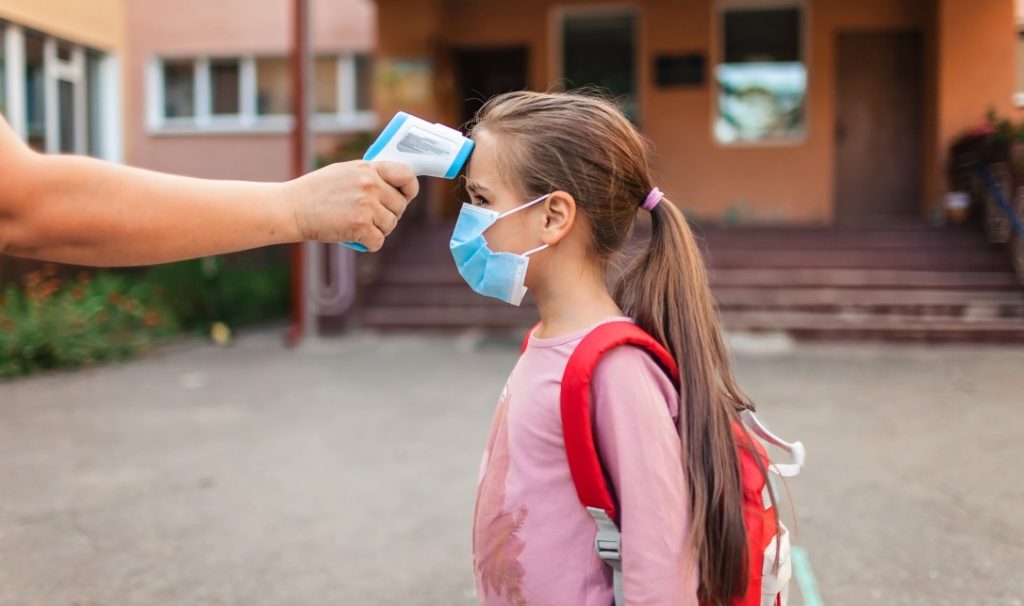Local councils wanted schools to shut early. The government said no.
The number of people testing positive for Covid-19 is going up in the UK’s capital city. The government has responded by imposing stricter restrictions and closing lots of things like cinemas and restaurants. However, they never closed the schools before they broke up last week for the usual Christmas holidays. Some people think that was a mistake. In particular, there were concerns that schools are a hotbed of infections and that many kids may take the virus back to elderly or vulnerable relatives, especially over the Christmas period when families are more likely to gather (an attempt to ban Christmas notwithstanding).
The mayor of London, Sadiq Khan said the solution was for schools to close early. Various London councils, including Greenwich and Islington, told headteachers to stop in-person lessons and switch to virtual learning for the last few days before schools break up for the holidays. The UK government, however, then intervened to tell schools to do no such thing. It even launched legal action, threatening to take the boroughs to court if they did not keep schools completely open.
There are certainly big drawbacks to both options. From an economic perspective, more cases of coronavirus could translate to more pressure on the NHS and more workers taking time off sick (or to care for someone who is sick). We also know that certain identity groups - poorer people, BAME individuals - are more likely to be seriously affected by Covid, which makes this an inequality issue.
But closing the schools could mean lots of parents have to skip work, or else fork out for expensive childcare. Disrupting kid’s learning can also have negative long-term impacts on how they do in later life. After all, education equips many people with the skills that define what sort of job and salary they can get, and therefore how well-off they ultimately end up. And this is an inequality issue too: because children from poorer backgrounds have more to lose if their education falls short, and working-class parents are more likely to struggle financially if they can’t go to work because of childcare duties.
Economists call the things we lose by selecting one option over another opportunity costs. While everything we do has some sort of consequences, some decisions are much easier than others. To use a silly example, the opportunity cost of not stopping to pick up a £50 note is much bigger than if it were a penny… especially if the delay would make you miss your bus! But when things are less clear cut, we often have to fall back on our individual values. How much emphasis do we place on something like education, and how much health risk are we willing to take on to safeguard it? Clearly, different people will end up making different calculations, and that’s okay. There is no clear ‘right’ answer, which is why consensus-building is so important in policy making.
Read our explainer on: opportunity costs.

